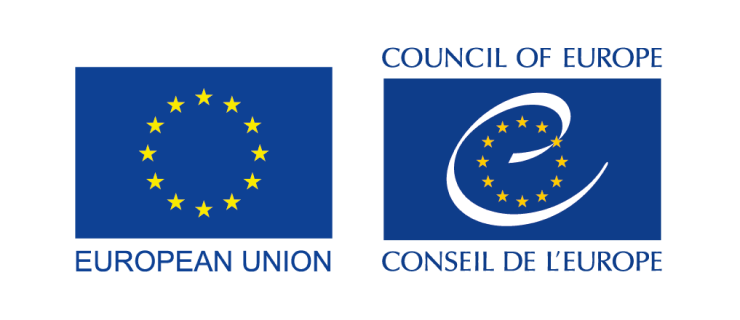Genealogies of Memory 2025: What remains from the Second World War? Remnants, Memories and Narratives Revisited
Thematic focus
- Cultural History
- Intellectual History
- Military History
- Political History
- Social History
- Histories of Wars and Warfare
- History of National Minorities
- Histories of Violence
- Histories of Discrimination and Persecution
- History of Anti-Semitism
- History of National Minorities
- Holocaust
- Remembrance / Collective Memory
- Europe
- Second World War
Language
English
Country
Germany
Address
Berlin-Brandenburg Academy of Sciences, Jägerstraße 22-23, Berlin, Germany
Date
17 - 19 September 2025
Time
09:00 - 18:00
(GMT+01:00) Berlin
Description
Though World War II ended over seventy-five years ago, its legacy endures - engraved into Europe’s landscapes, bodies, and collective memory. This conference explores the material and symbolic "ruins" of WWII and their lasting impact on historical consciousness. As the last living witnesses disappear, what continues to speak for the war and how? Bringing together scholars across disciplines, the conference investigates how physical remnants, cultural symbols, and memory practices shape and reshape the war’s legacy today. It focuses on the role of materiality in post-war and contemporary memory cultures, examining how ruins, scars, and fragments continue to mediate our understanding of the past amid new socio-political challenges. Three key themes structure the program: 1. The Materiality of Memory – Exploring how the physical remnants of war preserve, embody, or challenge historical narratives. How does material culture transmit memory and influence our perception of history? 2. Post-War Memory in the Present – Rethinking WWII memory through the lens of contemporary crises, including Russia’s war against Ukraine and the rise of digital media. How do new forms of violence, shifting geopolitical realities, and online platforms reshape cultural memories and perceptions of the "other"? 3. Case Studies in Memory Practice – Examining concrete examples of WWII’s afterlives: contested narratives, intergenerational trauma, symbolic ruins, and language ruptures. How do these fragments function in today’s cultural, political, and linguistic landscapes? Combining theoretical reflection with empirical analysis, this conference invites contributions from history, sociology, cultural studies, art, law, literature, psychology, and more. Interdisciplinary and comparative approaches are especially encouraged.
Organiser
European Network Remembrance and Solidarity
